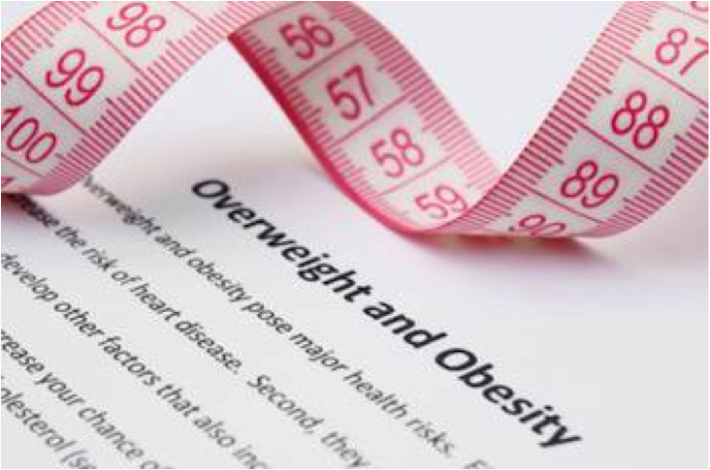
There is a lot of discussion about the affect of Estrogen Progestin Therapy (EPT) and Estrogen Therapy (ET) on your weight. The question most women ask me about is whether or not taking menopausal hormones will make them fat. There is a fair amount of information on this that I discuss in my best selling book, The Estrogen Fix.
Both animal and human studies on the impact of menopause on weight and weight distribution associate loss of hormones with increased belly fat, loss of energy, reduction in calories burned with exercise, increased inflammation, and higher risk of type 2 diabetes. Does taking EPT reduce the likelihood of those things?
The limited research available today suggests that taking EPT or ET has little impact on weight or BMI. In other words, it neither stops weight gain nor contributes to it. But does taking estrogen have an impact on the distribution of fat and the amount of belly fat? Here the answer is an overwhelming yes! Most, though not all, studies show that estrogen lowers the body’s natural tendency to relocate fat to the belly. In other words, taking estrogen lowers the likelihood of having more belly fat.
In a subset study of the 2002 estrogen plus progestin Women’s Health Initiative (WHI) study, women who had their body composition measured at baseline and then 3 years later and took EPT were significantly better able to maintain their lean body mass and prevent relocation of fat to their bellies.
There are some subtle things to be aware of with regard to taking estrogen. Although this subset WHI study found oral EPT had a favorable impact on belly fat, oral estrogen has been found to be less effective in protecting lean body mass and preventing belly fat than transdermal estrogen. These differences appear to be due to the fact that oral estrogen must first pass through the liver; this lowers growth factors (IGF-1 and IGFBP-3), which causes less positive results and increased risk for heart disease. On the other hand, both oral and transdermal estrogen alone (ie without a progestin or progesterone) and EPT improve insulin’s ability to move glucose into cells of the body, which lowers the likelihood of type 2 diabetes. With diabetes on the rise, this is a very important estrogen fix. And it is a very important finding for women in menopause when type 2 diabetes is typically diagnosed.
Next week we’ll continue our discussion of estrogen and estrogen for a fit, energized body.



